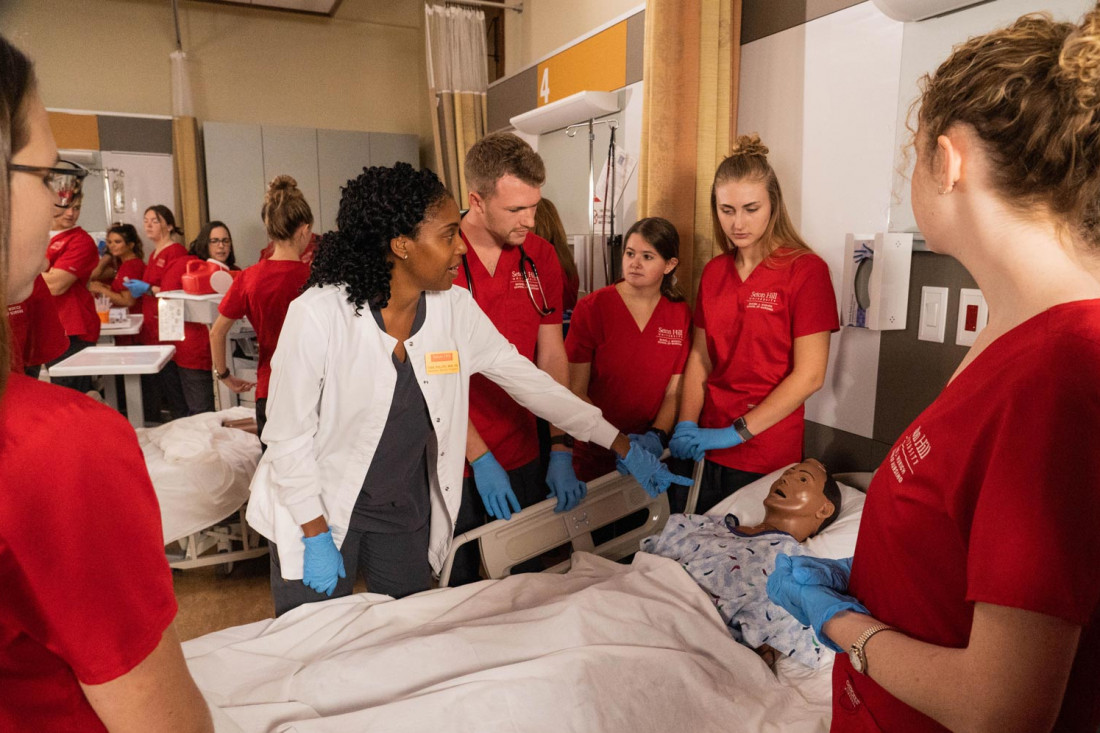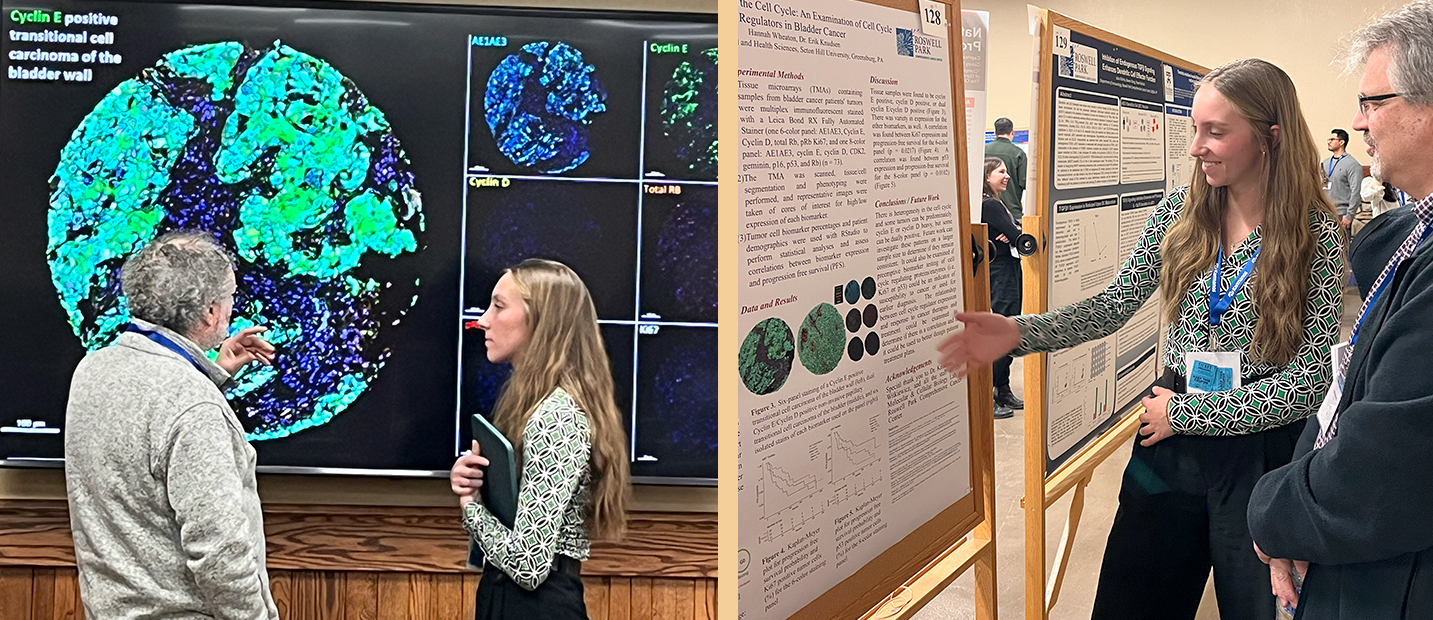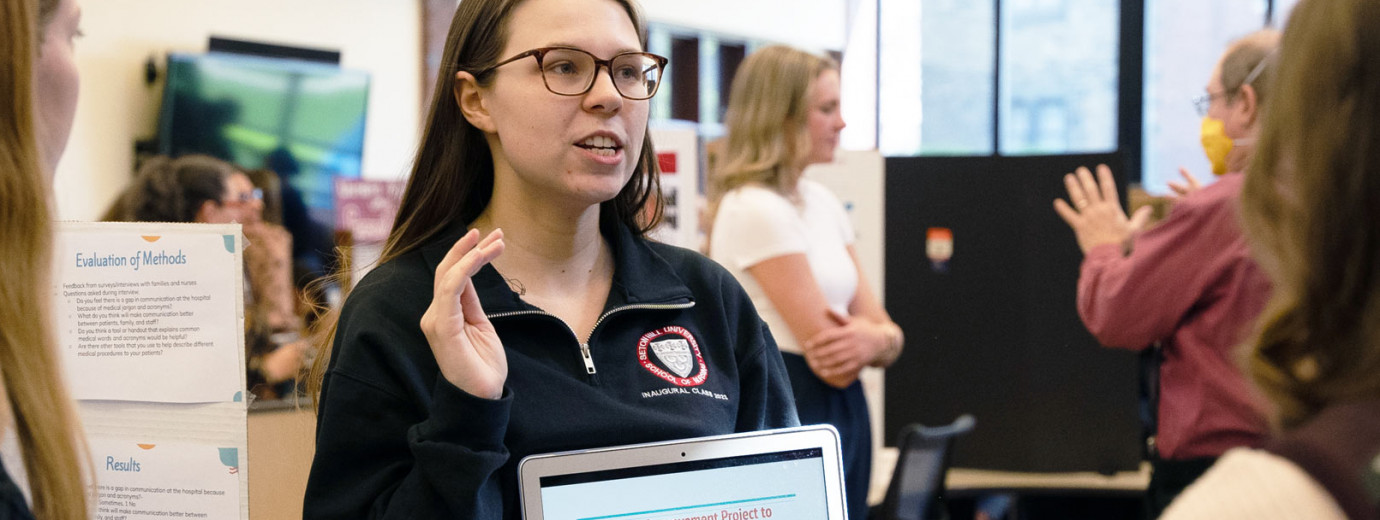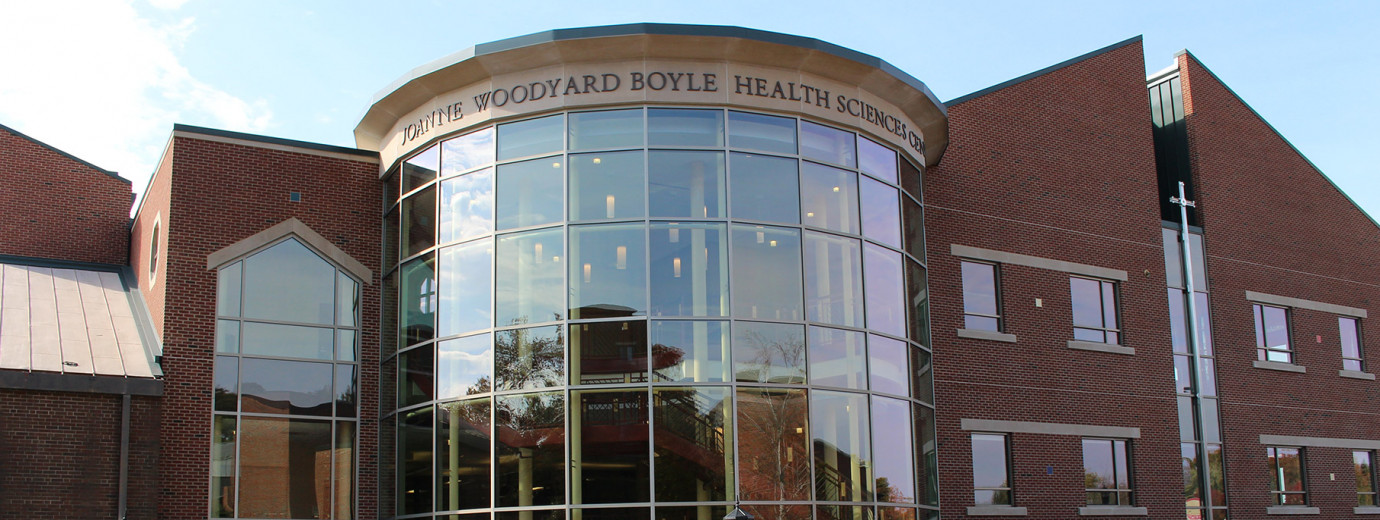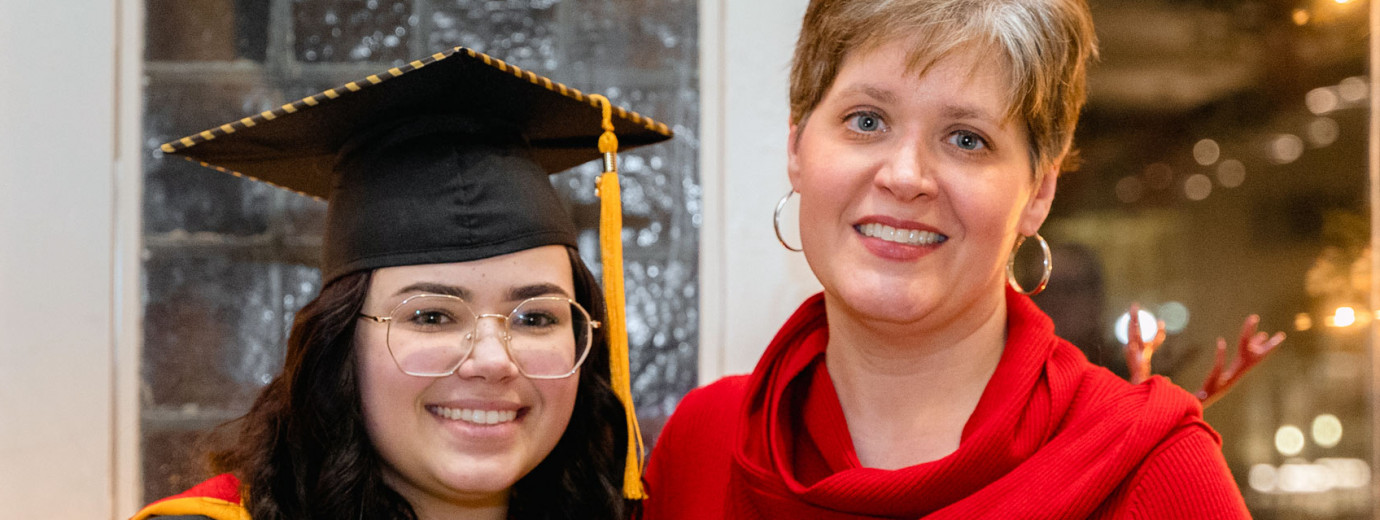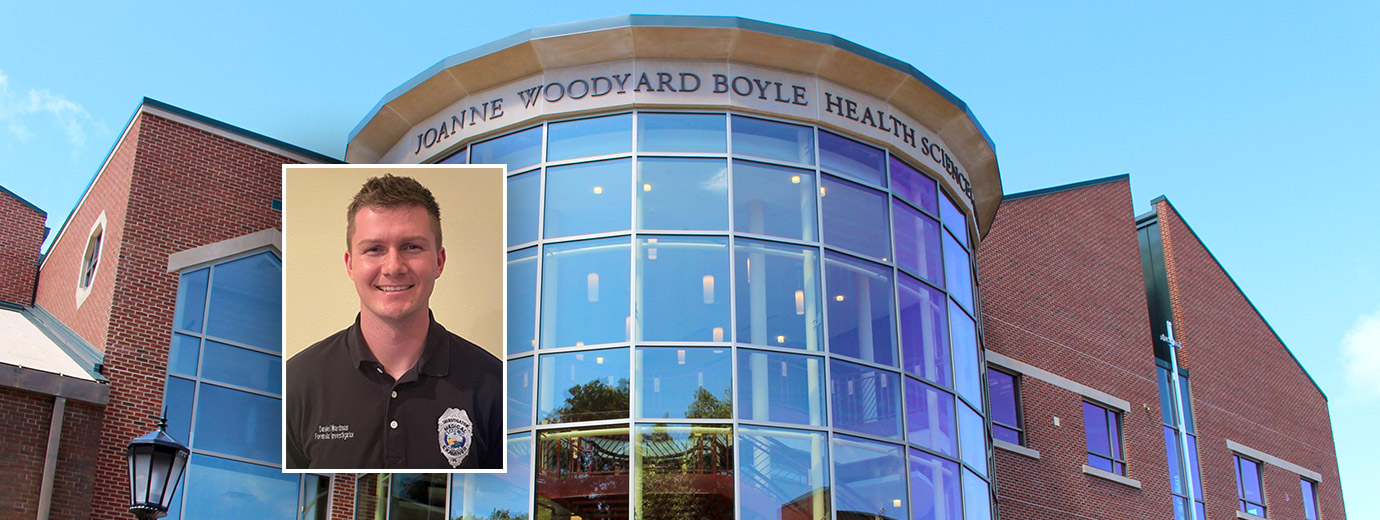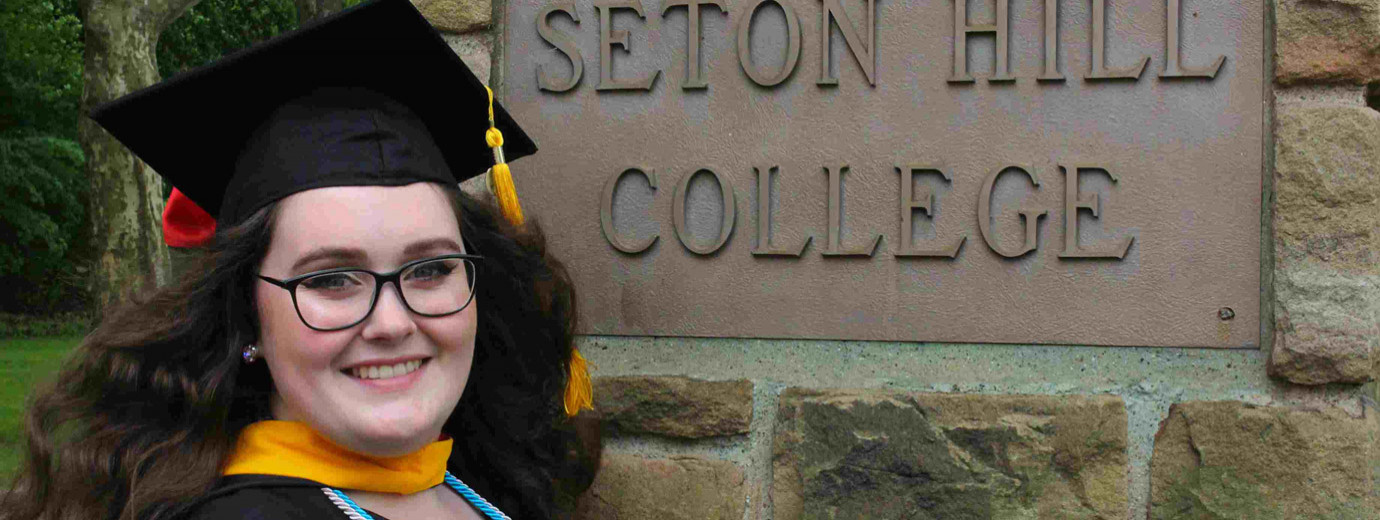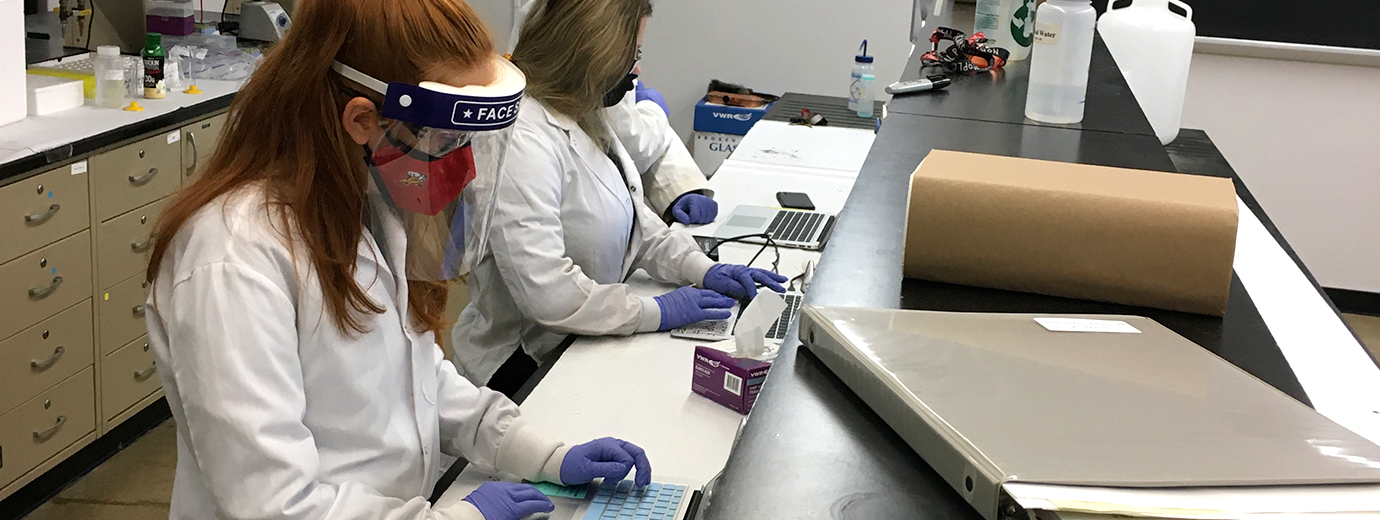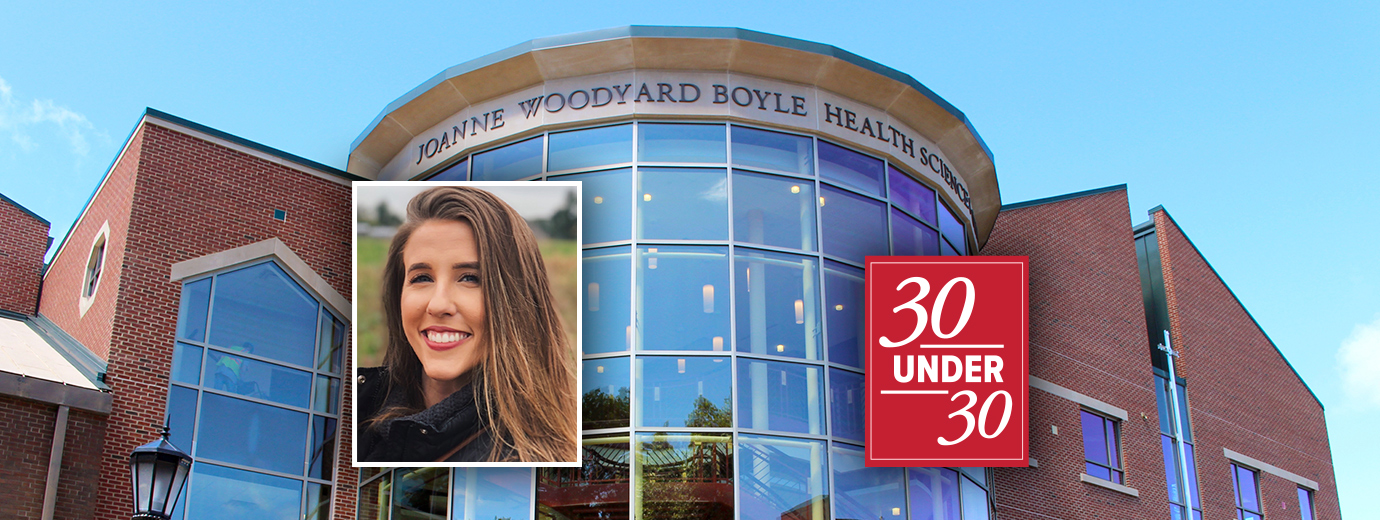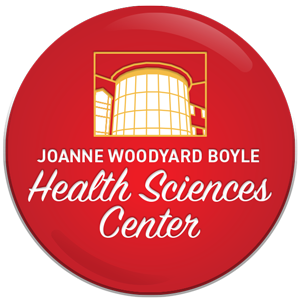Forensic Science (B.S.)
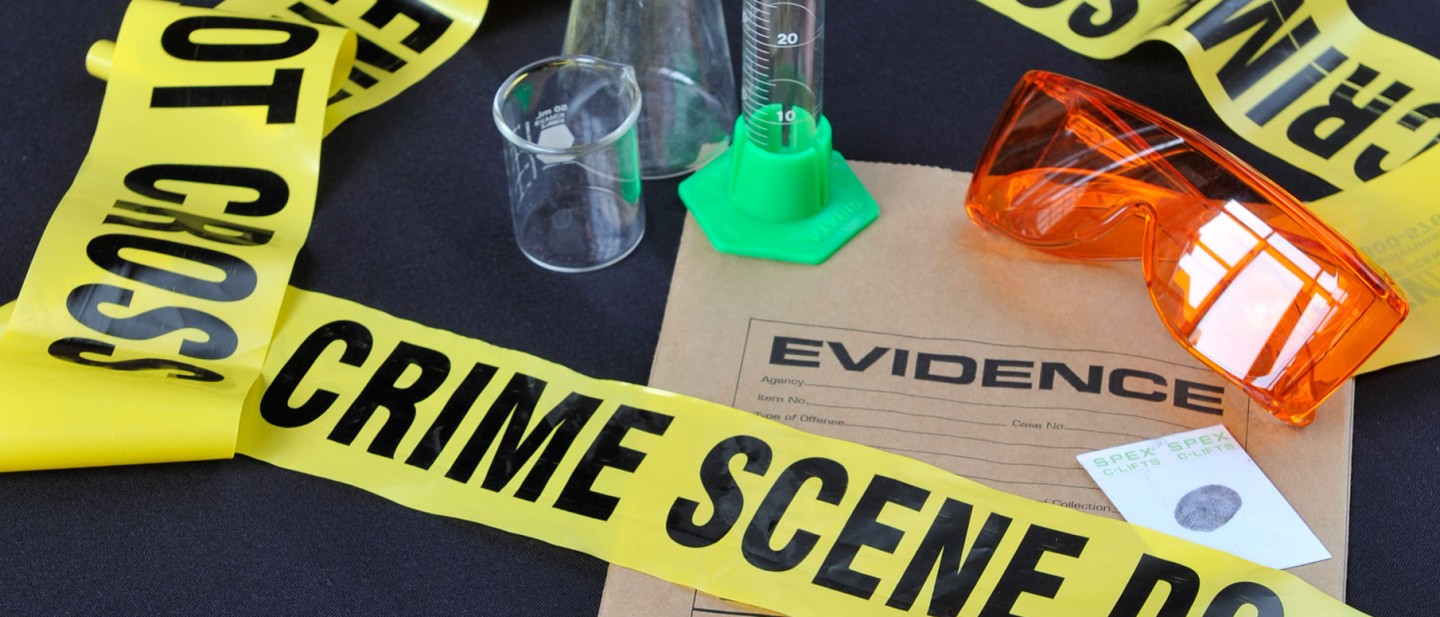
Earn Your Forensic Science Degree
Get a Clue and Move Forward
Seton Hill's Forensic Science Program features: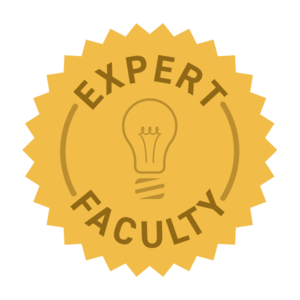
- Hands-on crime lab analysis and crime scene field experience.
- Rigorous study in forensic science, biology, chemistry, math, physics and criminal justice.
- Meaningful research and internships.
- Courses designed and taught by award-winning faculty with academic and professional experience in the justice system.
As a Seton Hill forensic science major, you will be uniquely suited to begin a career right after graduation, or to go on to graduate school in forensic science, law, the natural sciences, or allied health and medicine.
Loading...
Forensic Science Facilities
Crime Scene House
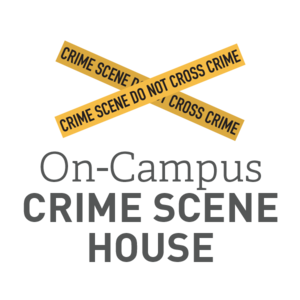 At Seton Hill, we have a full-sized ranch-style house on campus that is dedicated to the creation of "crime" - and its solution. As a forensic science major, you will use the knowledge you are gaining in the classroom and the laboratory to examine and analyze mock crime scenes constructed by your professors. You will also work with classmates to create and process your own mock crime scenes.
At Seton Hill, we have a full-sized ranch-style house on campus that is dedicated to the creation of "crime" - and its solution. As a forensic science major, you will use the knowledge you are gaining in the classroom and the laboratory to examine and analyze mock crime scenes constructed by your professors. You will also work with classmates to create and process your own mock crime scenes.
JoAnne Woodyard Boyle Health Sciences Center
The JoAnne Woodyard Boyle Health Sciences Center provides advanced clinical and research labs, classrooms and study areas for students taking courses in the health professions and natural sciences.
Lab Courses That Simulate Casework
Because laboratory courses are small, you will do more than just watch experiments - you will perform them yourself, using the same sophisticated facilities and equipment that your professors use and that is used in a real crime lab. Many of the labs in your forensic science courses will be set up as cases. You will learn how to maintain a chain of custody, analyze simulated casework evidence and write a crime lab report. These courses are set up to give you a realistic experience of the work done in a crime lab.
Genetic Analyzer
Seton Hill's Forensic Science Program uses a state-of-the-art genetic analyzer to allow you to learn the basics of DNA analysis. Here, you can gain hands-on experience:
- analyzing simulated criminal case samples to identify whether a DNA sample matches the victim, suspect, or an unidentified individual.
- researching simulated casework samples to determine whether environmental conditions, amount of DNA present, the surface that the stain is deposited on, etc. affect the quality or presence of the genetic profile.
The technology and procedures used in the Forensic Science Program at Seton Hill are the same that are used in crime labs across the country and the world.
Criminal Justice Experience
During an investigation, evidence is collected at a crime scene (or from a person) and then analyzed in a crime laboratory. The results can then be presented in court. In Seton Hill’s Forensic Science Program, you’ll gain practical experience with the criminal justice system by:
- Participating in simulated cases.
- Testifying in a mock trial.
- Attending actual trials where forensic evidence is being presented.
Research & Internship Opportunities
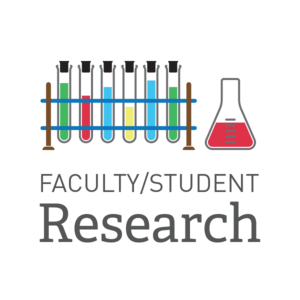 As an upperclassman, you’ll have the opportunity to take part in ongoing research, both here on campus and through research internships at universities and institutions across the country. You'll also have the opportunity to take part in internships with a labs, crime labs, or medical examiner's offices.
As an upperclassman, you’ll have the opportunity to take part in ongoing research, both here on campus and through research internships at universities and institutions across the country. You'll also have the opportunity to take part in internships with a labs, crime labs, or medical examiner's offices.
View more recent research projects and internships completed by Seton Hill students here.
Career Opportunities
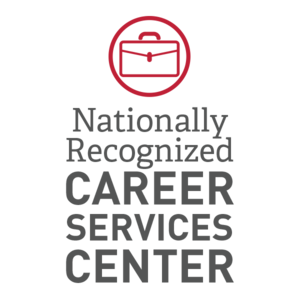 The forensic science field is growing much faster than average, according to the U.S. Bureau of Labor Statistics. You can enter the field with a bachelor’s degree, and the median pay per year was $67,440 in 2024. Seton Hill’s award-winning Career and Professional Development Center (CPDC) will provide you with the career preparation skills and placement services you need. All of the Center’s services will remain available to you after you graduate.
The forensic science field is growing much faster than average, according to the U.S. Bureau of Labor Statistics. You can enter the field with a bachelor’s degree, and the median pay per year was $67,440 in 2024. Seton Hill’s award-winning Career and Professional Development Center (CPDC) will provide you with the career preparation skills and placement services you need. All of the Center’s services will remain available to you after you graduate.
Students graduating from Seton Hill with a degree in forensic science are prepared to work in:
- Crime Scene Units
- Crime Labs
- Private Forensic Labs
- Coroner or Medical Examiner's Offices
- Chemistry or Biology Labs
Cost, Admissions and Financial Aid
 Admissions and Financial Aid
Admissions and Financial Aid
At Seton Hill University, we offer streamlined admissions requirements and a comprehensive aid program.
Cost
Current tuition costs can be found here. These costs do not take into account all of the financial aid you will be eligible for at Seton Hill.
Want to know more?

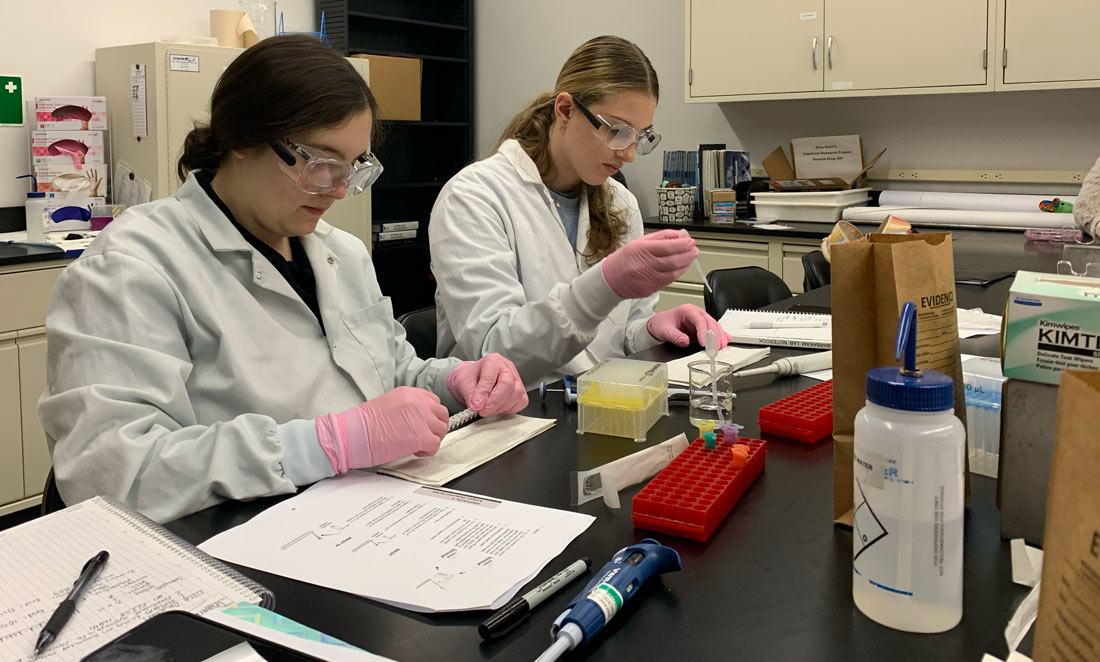
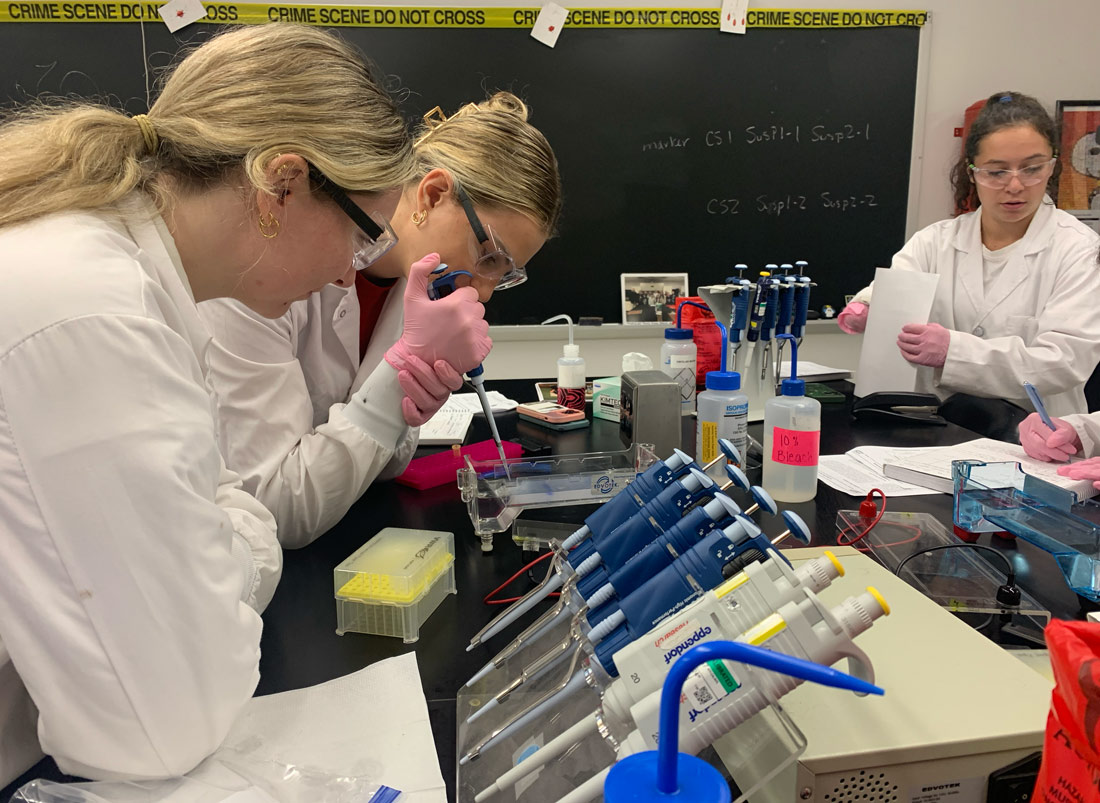
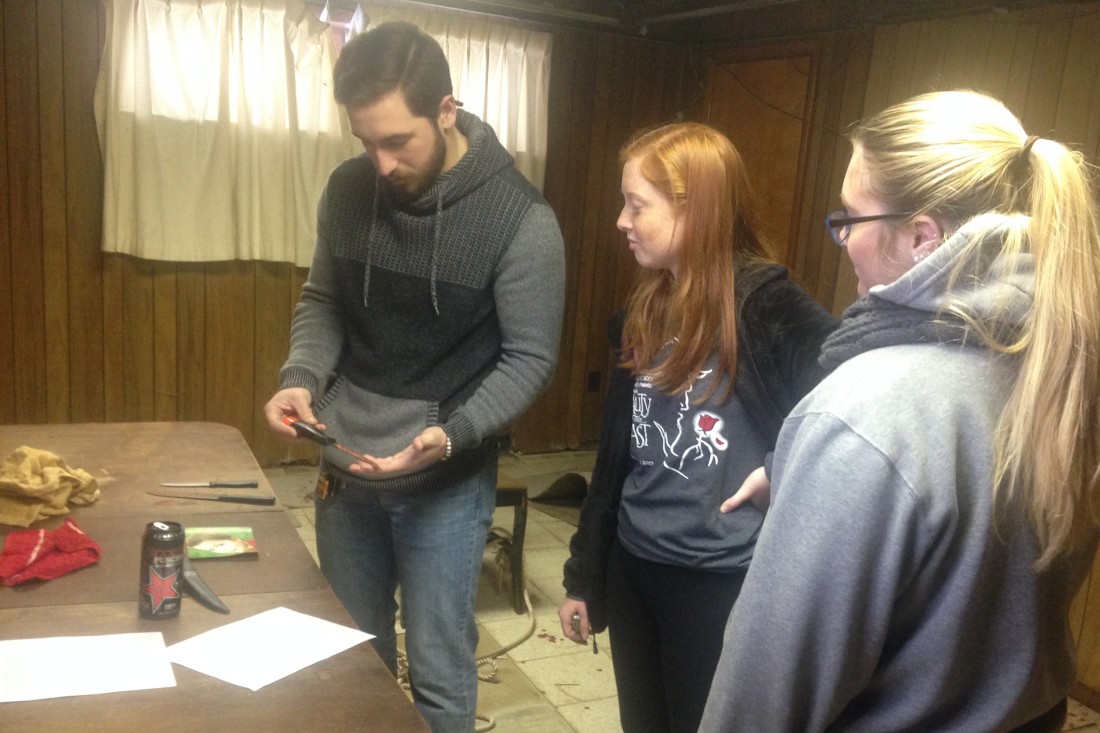
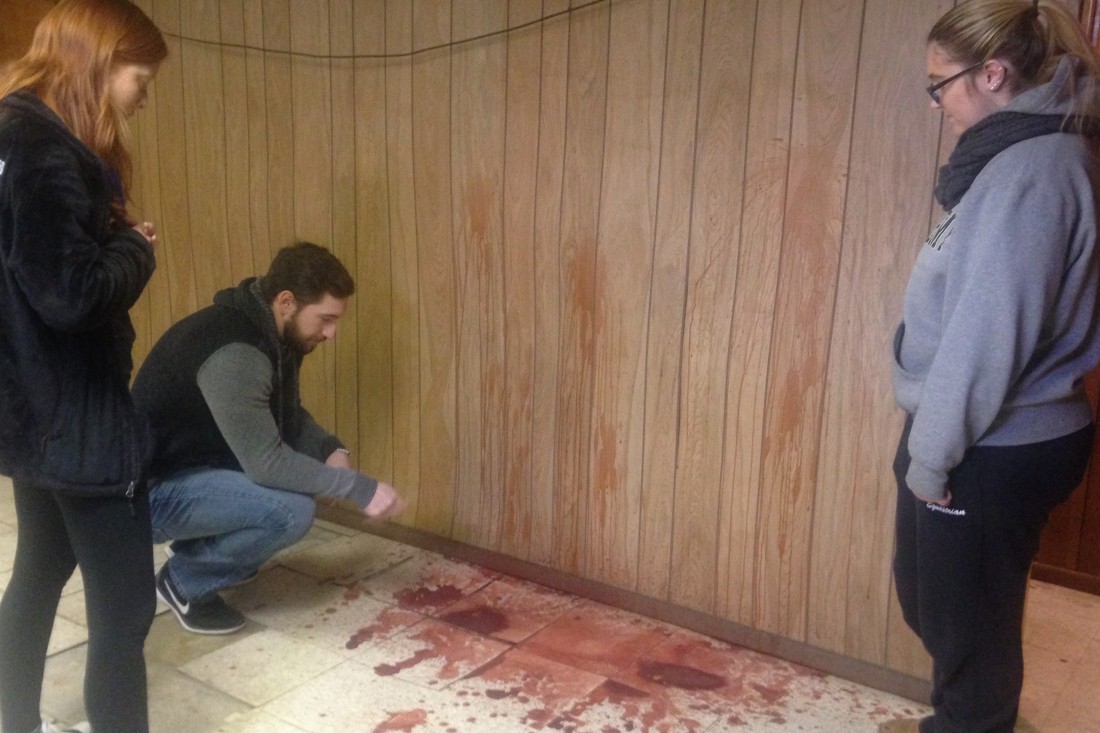
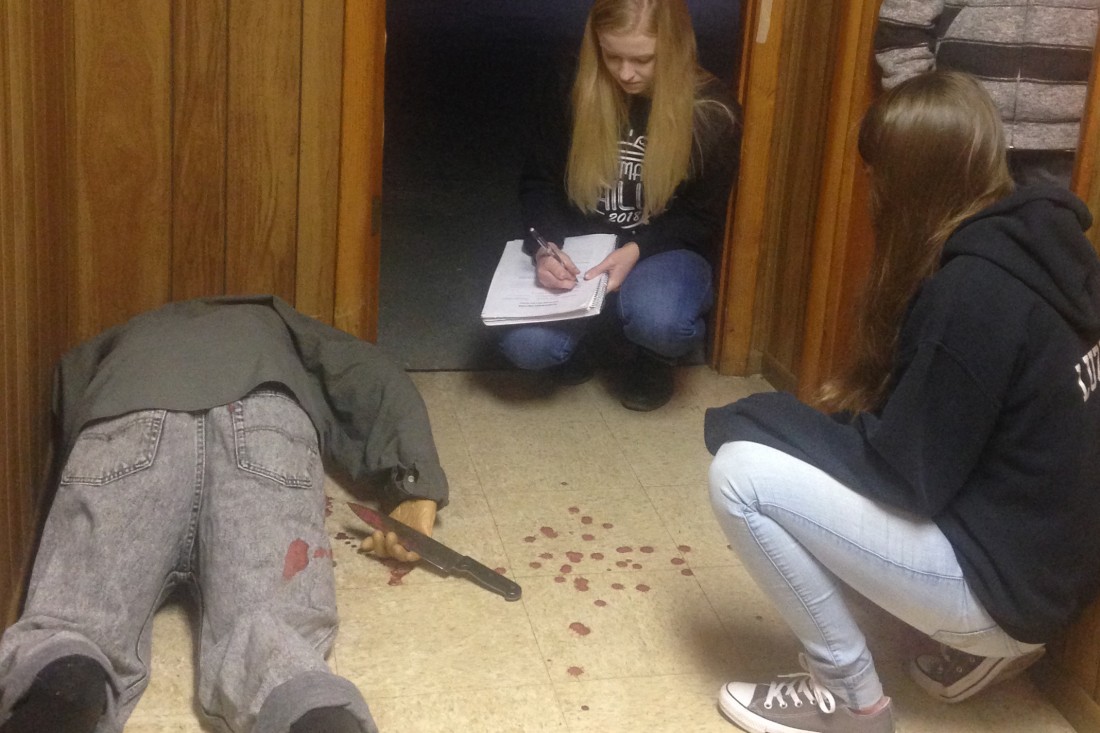
Ready to Take Your Next Step Forward?
Faculty
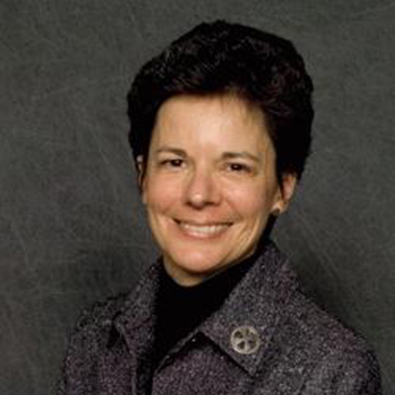
Susan Yochum, SC
Provost, Professor of Chemistry
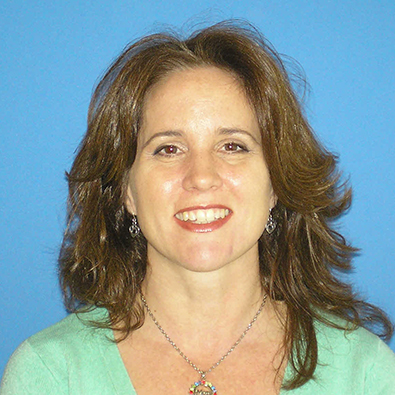
Barbara Flowers, M.S.
Assistant Professor of Forensic Science
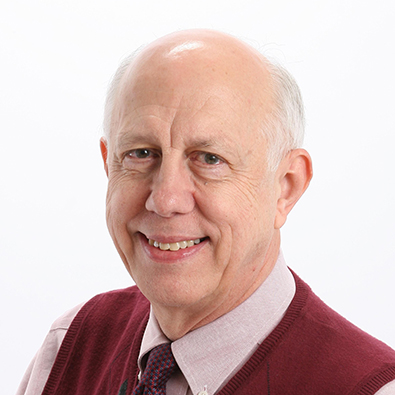
John Cramer
Professor of Chemistry
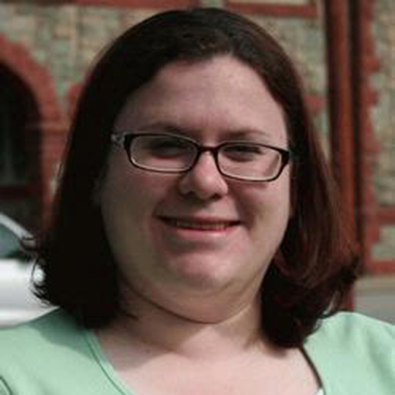
Diana Hoover
Associate Professor of Chemistry
